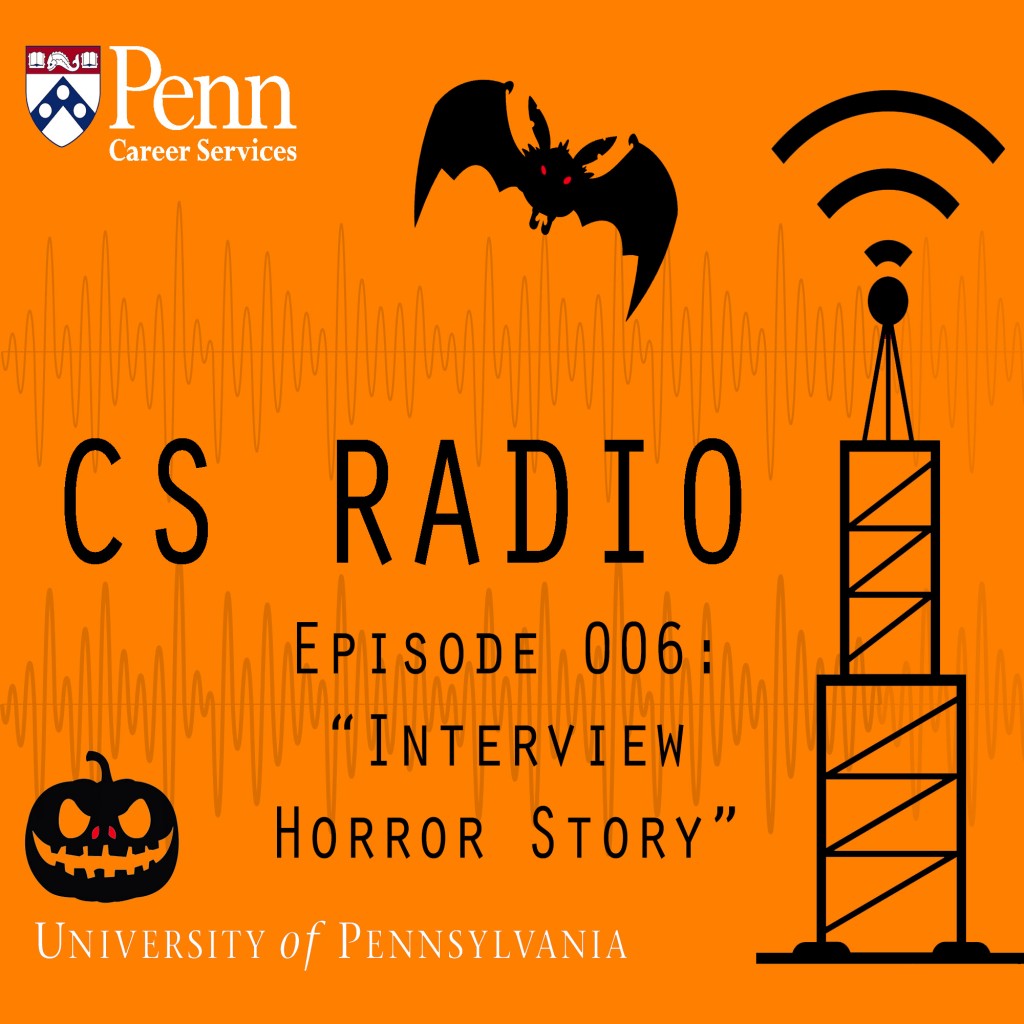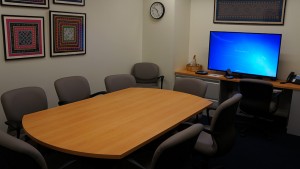by Melissa Chu, Wharton Graduate Assistant
More often than not, we walk into interviews with our answers to behavioural questions prepared, our answers to technical questions perfected, and we have done so many cases that we can answer then in our sleep. We breeze through all of the questions, building rapport with the interviewer and showing off our knowledge of the company. Then we get to the final question, “Do you have any questions for me?”
Sometimes, it is very tempting to say, “No, I think I’ve got all of the information that I need,” but more often than not, we fumble through and ask a question that we don’t have an interest in. What most people forget, however, is that this is still part of the interview – and the interviewer will form his/her last impression of you based on this interaction.
- The interviewer is still assessing you until you walk out of the room. Asking thoughtful questions shows that you took a genuine interest in the role and the company – and that you prepared for the question, which is 99.9% likely to come up.
- This is an opportunity to figure out whether the team or role is right for you. Do you have a truly burning question on life at the company? For example, do want to know if there are formal support networks in place for career progression? This is the time to show an interviewer that you have thoroughly thought about the role and your fit at the company.
- There is almost no way that you could possibly know everything about the role and the company. No matter how many informational interviews you go through, or how much time you spend reading a company’s website, there will still be questions that haven’t been answered. For example, does the team have any team-building activities?
As you head off on Thanksgiving break and reflect on (or start thinking about) your recruiting process, this is also a good time to think about the non-advertised aspects of the job that are important to you. This will help you form a list of genuine questions that you can ask at each interview to assess whether the role is right for you—remember, this is a two-way street, so you should also seize on this opportunity to get your questions out as well.




